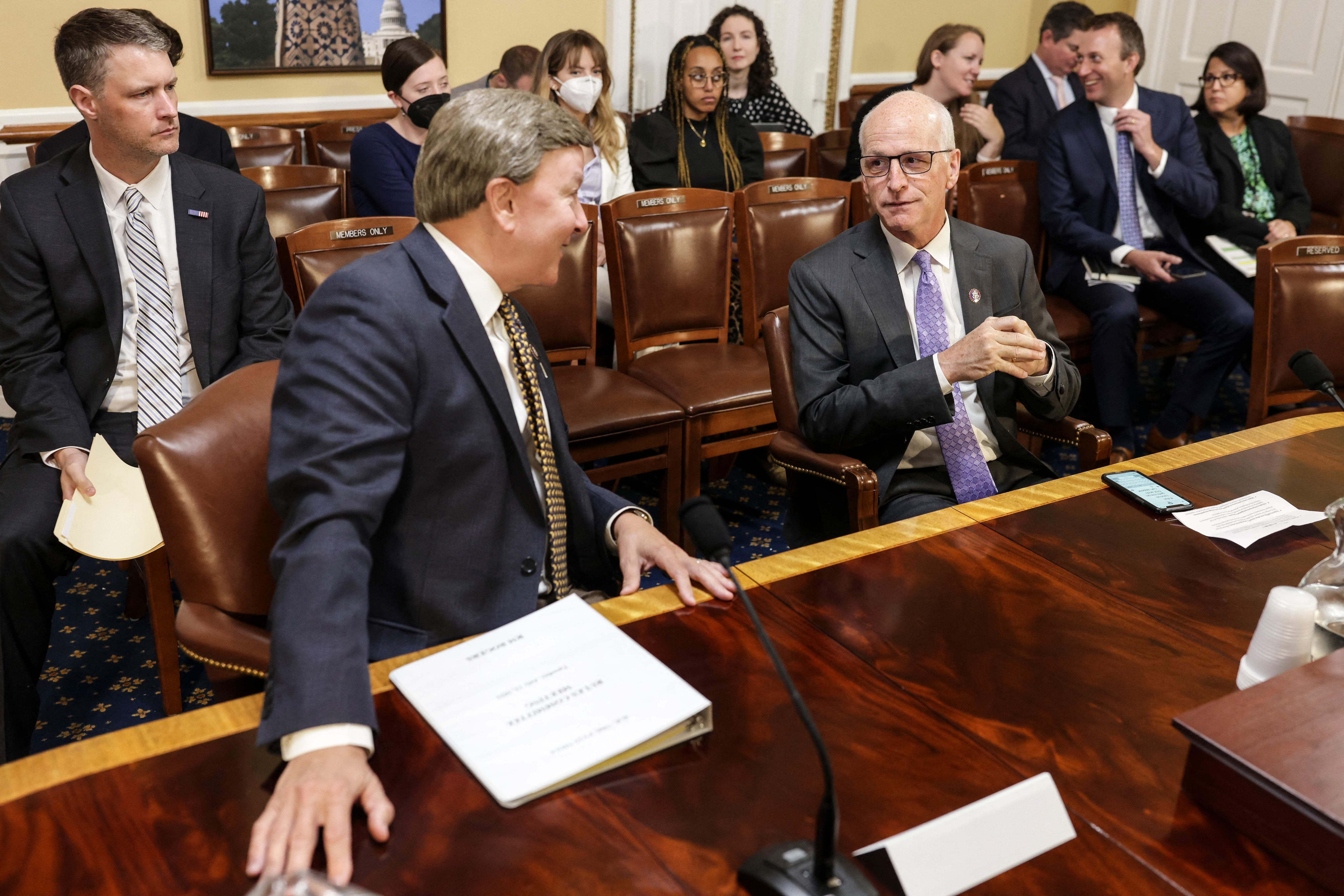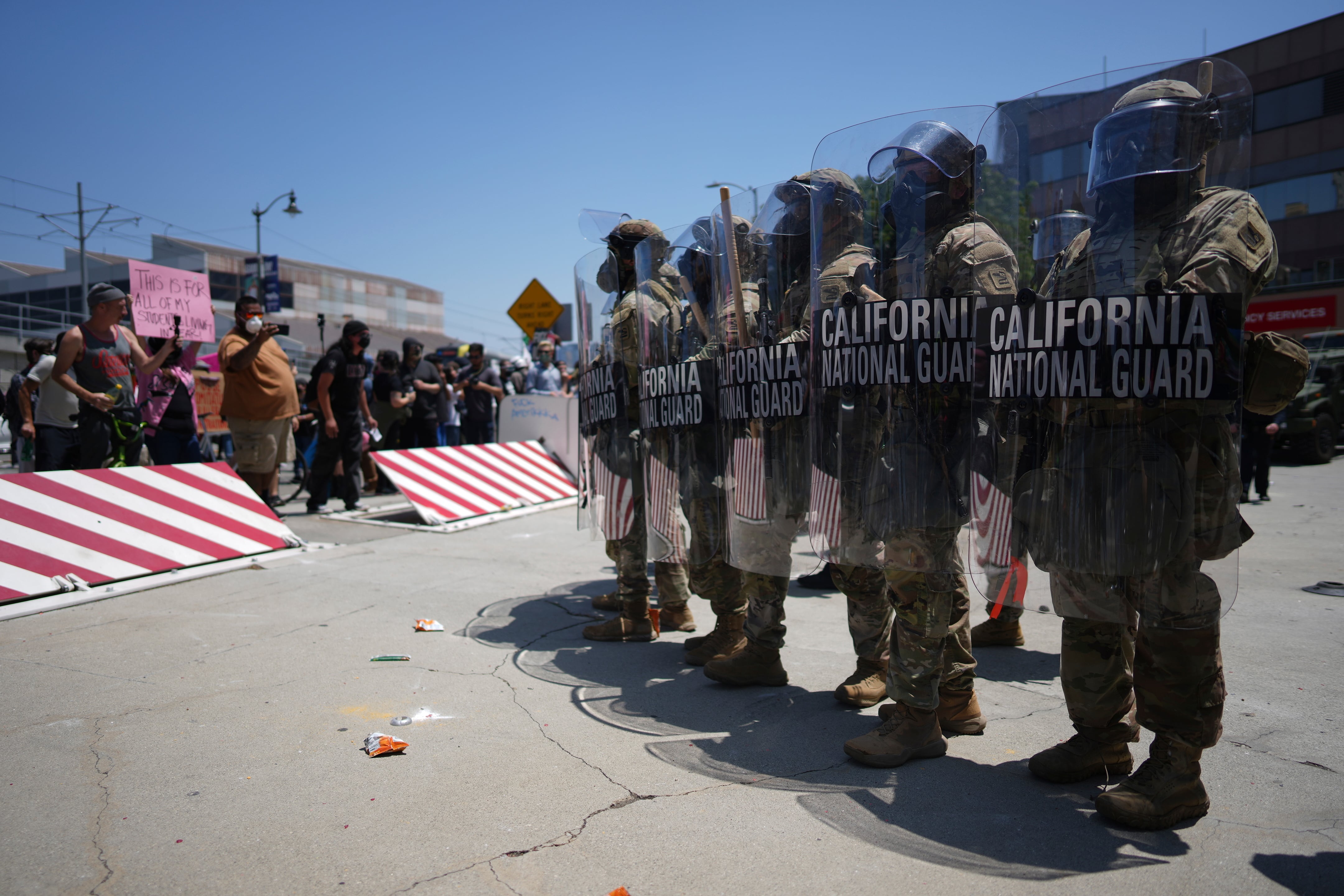ORLANDO, Fla. — The missileers in nuclear silos are finally getting modern phones and computers to replace their antiquated equipment.
In April, a CBS News' "60 Minutes" report on nuclear silos showed that the missileers were using computers with eight-inch floppy disk drives and phones that were so old that it was hard for missileers to hear what people were telling them.
Now the Air Force is in the process of getting newer computers for misileers and installing digital phones in the silos, said Lt. Gen. Stephen Wilson, commander of Global Strike Command.
"We do have hard drives being built in place to be able to do that," Wilson said Thursday at the Air Force Association's 2015 Air War Symposium here in Orlando.
"Right now, we've cornered the market on eight-inch floppy disks," he added with a laugh.
Meanwhile, Global Strike Command is fixing broken phones in the silos as quickly as it can and it has also launched an 18-month project to replace them with digital phones, Wilson said. But updating the communications technology in the silos involves more than buying new phones, he said.
"We have, basically, analog phones designed in the '60s that are in place that now have got to convert to digital," Wilson said. "I told somebody: It's not like I can just go out to Target and buy a phone and plug it in. I've got to do the whole back-end infrastructure to make that happen."
The updates to the computers and phones will go forward even if Congress reimposes lower defense spending levels called for under the 2011 Budget Control Act of 2011, or if automatic budget cuts known as sequestration return, Wilson said.
The world has grown increasingly unstable since the end of the Cold War, with terrorist groups such as the Islamic State group and rogue nations such as North Korea replacing the Soviet Union as the main strategic threats to the U.S.
But Wilson insists that the Cold War strategy of deterrence is even more relevant today than it was in the 20th cCentury. He notes that up to 68 million people were killed in World War II, but deaths from the ensuing conflicts have been much less deadly.
"They've nowhere been on the scale or scope or size of that since then, and I contend because we have this weapon now that makes war between great powers – no one wants to do it, and they know the consequences of ever going there," he said. "So I say we've been deterring great power war since then."





